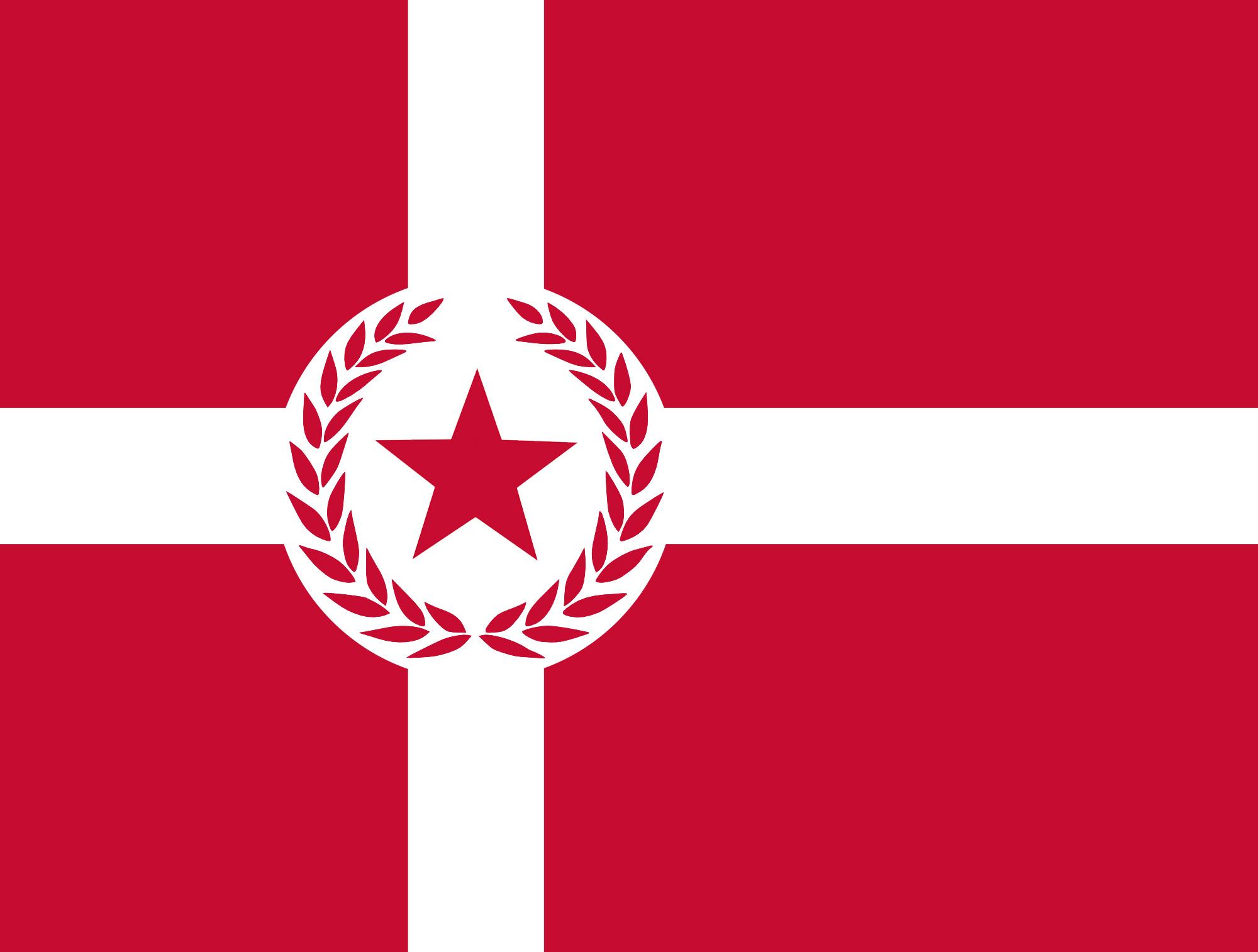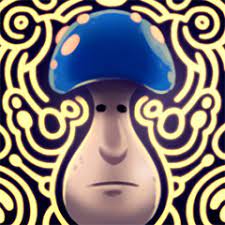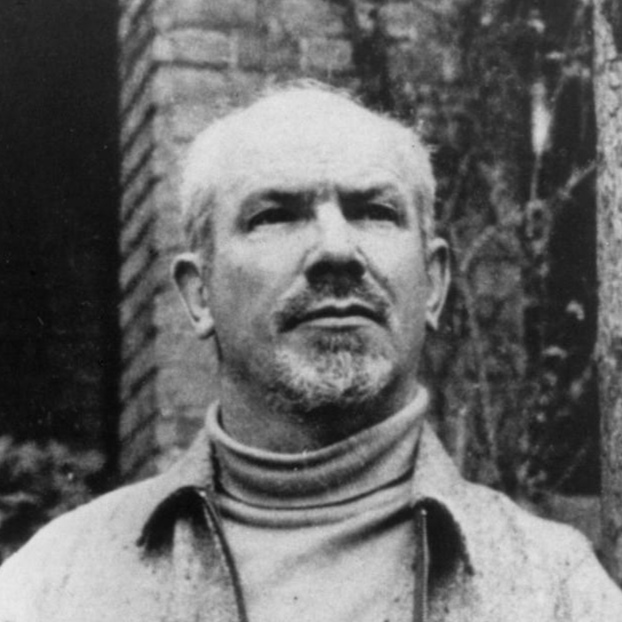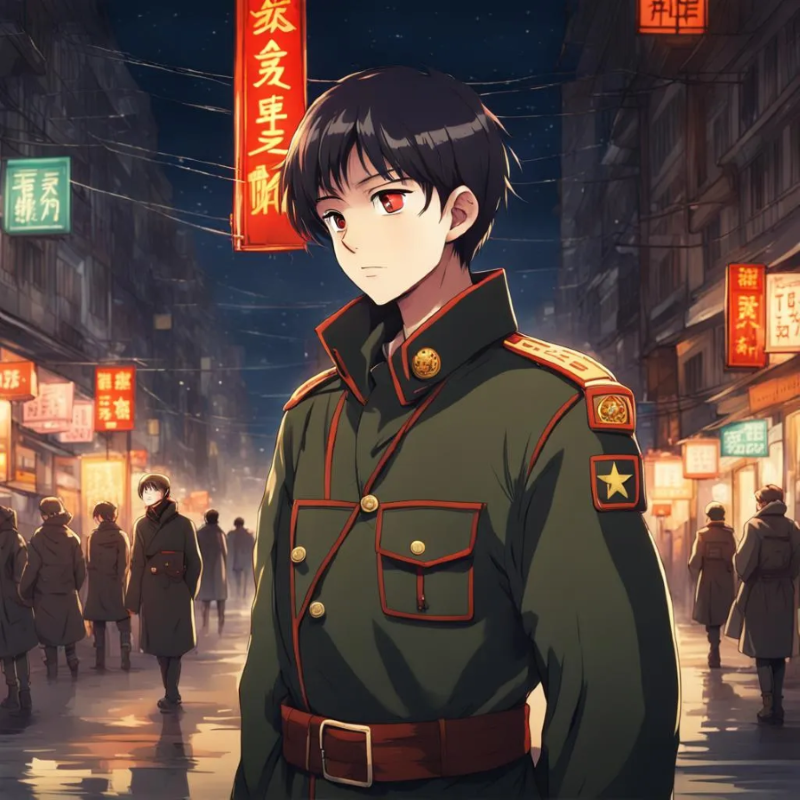For me it’s Metro 2033 by Dmitriy Glukhovskiy, which is 500 pages long
The Count of Monte Cristo by Alexandre Dumas, around 1200 pages
Classic, definitely best Dumas novel for me.
Really? No one else read “House of Leaves”? Y’all are missing out on the best psychogical essay novel ever written
House of Leaves is around 700 pages long, am I wrong? Most books mentioned in this post’s comments are longer, so maybe that is why.
My longest and by far best read was the Three-Body trilogy by Liu Cixin, weighing in at a combined 1400 pages. It is hard science-fiction and may require a bit of physical-mathematical background to appreciate how it makes esoteric scientific concepts into driving plot points, but if you have that, it is an absolutely stellar experience from the tons of creative worldbuilding to the inventive storytelling to even the minutest technical details.
One thing of note is that the Dark Forest hypothesis, today one of the most well-known solutions to the Fermi paradox, was invented by the author and had its first-ever appearance in the second book of the series.Correction: Upon further looking into it, the Dark Forest hypothesis apparently predates the book, which then axiomatised and coined the term for it
Read the first two. Some guy once pointed out that the Dark Forest hypothesis rests on the assumption that communication is slower and more expensive than instantaneous destruction, which is false.
I wish i only read the first two, they were great, but third is absolute garbage, guy ran out of ideas for plot and instead presented one of two nead ideas he had left along some really weird shit mixed with wide plethora of apocalyptic scenarios broken by some really tedious nothing parts. There’s also 4th book written by other author and accepted by original one which straightens out the ending dud, but i would still rather not read it at all.
Some people like it for its scale. It’s a matter of taste I guess, since it’s held in great esteem as far as I know in China.
Yeah the scale is huge but again we rapidly move from Sol-Alpha Centauri scale to universe level catalcysm. and god’s eye over entirety of spacetime. About the esteem afaik it’s the first modern Chinese book becoming really worldwide bestseller, of course they will held it in great esteem. Poland had the same phenomenon with Andrzej Sapkowski and his books are even more uneven with good start but by the last 2 the quality is in freefall.
Overall the thing i get from the issue with TBP series is that the “3rd book curse” is universal in every culture.
I am halfway through Thomas Mann’s The Magic Mountain, 1047 pages long.
How is it? I’ve heard good things.
And you’ve heard well if you ask me.
David Weber Honorverse, something like 30 books averaging around 600 pages each. Main plot is 17 books (i think, at the end main plot and spinoffs converge).
A single tome book would be James Clavell’s Shogun, 1125 pages, small font.







